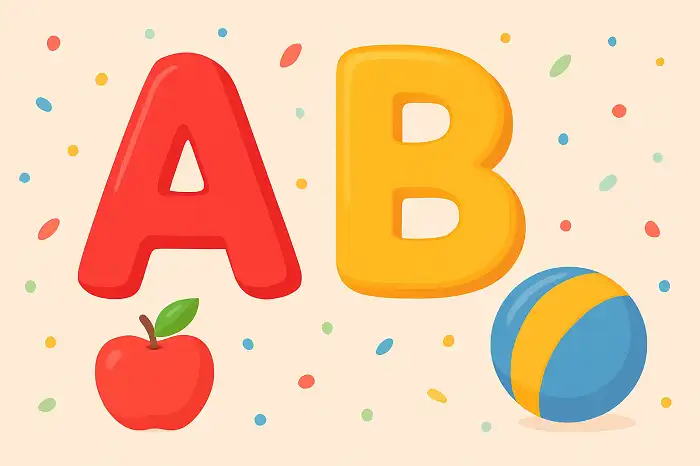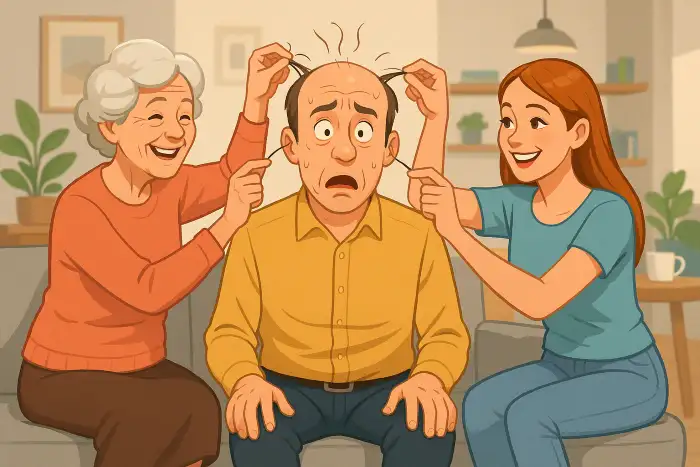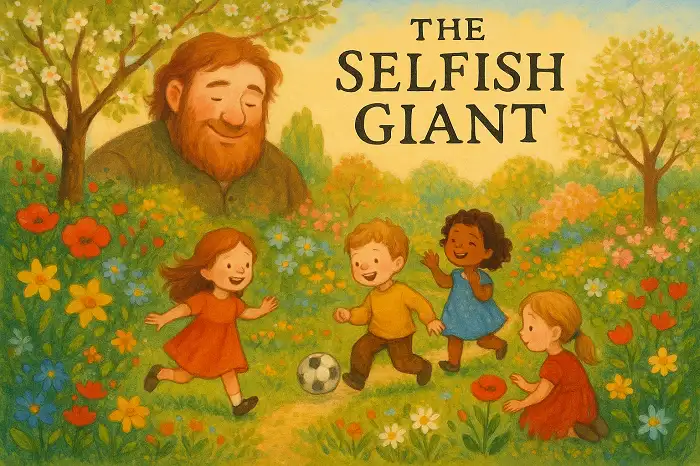Puberty stages in English Puberty stages in English The word puberty is derived from the Latin pubertas , which means adulthood. Puberty is initiated by hormonal changes triggered by a part of the brain called the hypothalamus, which stimulates the pituitary gland, which in turn activates other glands as well. These changes begin about a year before any of their results are visible. Both the male reproductive hormone testosterone and female hormone estrogen are present in children of both sexes. However, their balance changes at puberty, with girls producing relatively more estrogen and boys producing more testosterone. Beginning as early ...
Home » English Vocabulary in Context • Reading Practice in English » Puberty Stages in English – Medical Terms in English

Puberty Stages in English – Medical Terms in English
Updated: by Dr. Mohammad Hossein Hariri Asl
Time to Read: 3 minutes | 301 Views | No Comments on Puberty Stages in English – Medical Terms in English
Share This Post
About the Author
Dr. Mohammad Hossein Hariri Asl is an English and Persian instructor, educator, researcher, inventor, published author, blogger, SEO expert, website developer, entrepreneur, and the creator of LELB Society. He's got a PhD in TEFL (Teaching English as a Foreign Language).
Number of Posts: 4242


